The large number of Himalayan Peaks on the vicinity of highest mountain of the world has always been a great attraction to the mountain climbers. Mera Peak (6344m/20815ft) stands to the south of Everest and dominates the watershed between the heavily wooded valleys of the Hinku and Hongu Drangkas. Mera is among the highest of Nepal’s official ‘trekking peaks’. It lies in the Khumbu Himalayan Range. This peak is located south of Everest in the Hinku valley and is relatively easier to climb than most other peaks. Besides the charm of climbing Mera Peak, the trek to base camp from Lukla is rewarding to experience rare un-spoilt regions of Nepal with densely forested hillsides.
With the unparalleled views and stunning panoramas, it makes this trekking peak one of the most sought after mountaineering trips in Nepal. Mera Peak is suitable for novice climbers as the difficulty is not in the climb itself, but in dealing with the effects of altitude. The panorama takes in Kanchenjunga, Chamlang and Makalu to the east, while to the north Everest, the unclimbed south face of Lhotse and the Nuptse/ Lhotse ridge are visible. To the west Ama Dablam and Cho Oyu, what is undoubtedly one of the most glorious views in the whole of Nepal.
This itinerary is designed best to those who have some kind of previous experiences in high altitudes over 5965m/19572ft and are habitual for walking 7-8 hours in a day which allow us to walk a very long distances with required amount of high altitudes acclimatizing. Also the itinerary goes though the nice mountain valley and various geographical elevations.
Essential Personal Climbing Gear:
- Alpine Climbing Harness
- Crampons
- Ice axe
- Ascender
- Multi-LED Head Lamp
- Karabiners
- Rappel device
- Ski poles
- Slings
- Climbing helmet
Clothing
Upper Body:
- One T-shirt Icebreaker Merino 150 or lightweight 200.
- Two long Icebreaker Merino 150 or lightweight 200 shirts.
- One polar fleece pullover, medium weight.
- One polar fleece jacket.
- One Gore-Tex waterproof and breathable jacket with a large hood to accommodate a climbing helmet.
- Lightweight down jacket for chilly days in base camp or warm layer when stopping for short breaks.
- One very warm goose-down (duvet) jacket with hood or a down/duvet suit if you prefer, for high altitude use.
Hands:
- One pair of lightweight poly-liner gloves.
- One pair of mittens consists of 1 Goretex over mitt matched with the very warm polar fleece mitt liner
Heads:
- Warm hat wool or synthetic that covers your ears
- Balaclava
- Scarf or neck sleeve
- Face mask
- Ball cap or brimmed sun cap
- Glacier Sunglass with side shields
Lower Body:
- One pair of walking shorts for trekking
- Two pair Icebreaker Merino 150 or lightweight 200 thermal bottoms
- One pair of Icebreaker Merino 200-weight thermal bottoms
- One pair of polar fleece trousers
- One pair of Gore-Tex trousers or bibs. Waterproof/breathable with full side zips
- One pair of Goose-down (duvet) trousers or bibs. You may prefer a down (duvet)
Feet:
- One pair One-Sport Millet climbing Overboots or equivalent (with Aveolite liners; good quality plastic shells with inner boots; avoid tight fit with heavy socks.)
- One pair of sturdy leather or synthetic (Gortex) hiking boots with good ankle support for the walk to advanced base camp
- Two Pairs of liner socks. Polypropylene or wool
- Two pairs of lightweight trekking socks, poly or wool
- Light Icebreaker Merino wool or cotton socks for in-town.
Rucksacks and Travel Bags:
- One medium rucksack (50-70 liters / 3000-4500 cubic inches, can be used for airplane carry).
- One large (120 L / 7500 cubic inches) duffle kit bag for clothing and equipment. Must be durable for use on pack porter.
Sleeping Gear:
- For high altitude, one down (duvet) sleeping bag (rated to –25 C (-30 F). In the high camp, you can sleep in your down (duvet) clothing inside your sleeping bag;
Overview
Important Note :
Your safety is of paramount importance to us at Alpine Club of Himalaya. We have the absolute authority to cancel the trip or change the itinerary, when deemed necessary or when we have reason to believe your safety is at stake. Weather conditions, the health condition of a group member, natural disasters, and such, can contribute to changes in the itinerary when traveling in remote mountainous regions. In these extreme situations, we kindly request that you offer your full co-operation to the trusted leader of the group appointed by Alpine Club of Himalaya. However, we assure you that we will make every effort to keep to the above itinerary.
Trip Highlight
- Take in fantastic mountain views
- Meet local people as you travel
- Panoramic view of Mera Peak and Amphu Labcha
- Scenic flight to Lukla and return
- Explore Everest









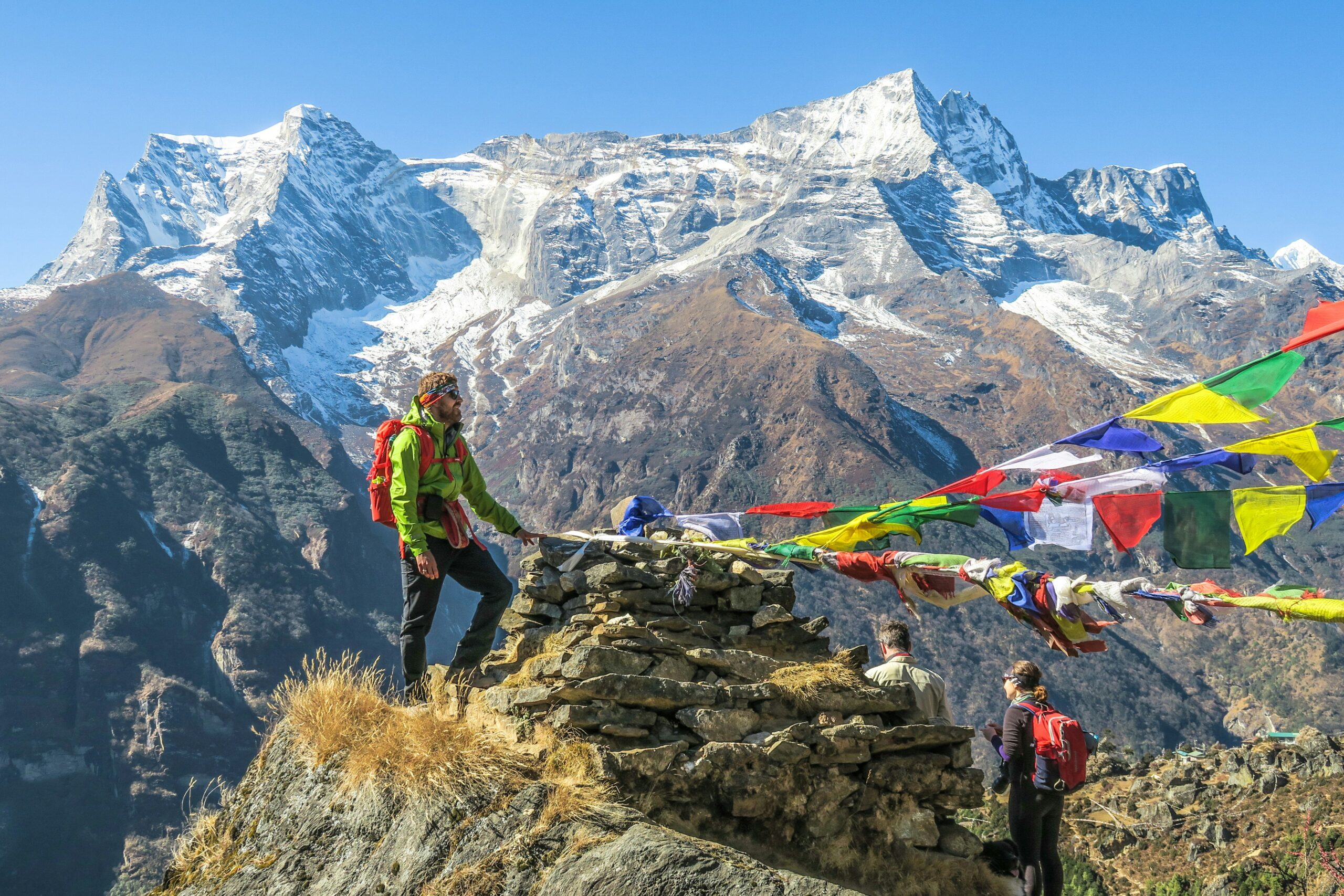
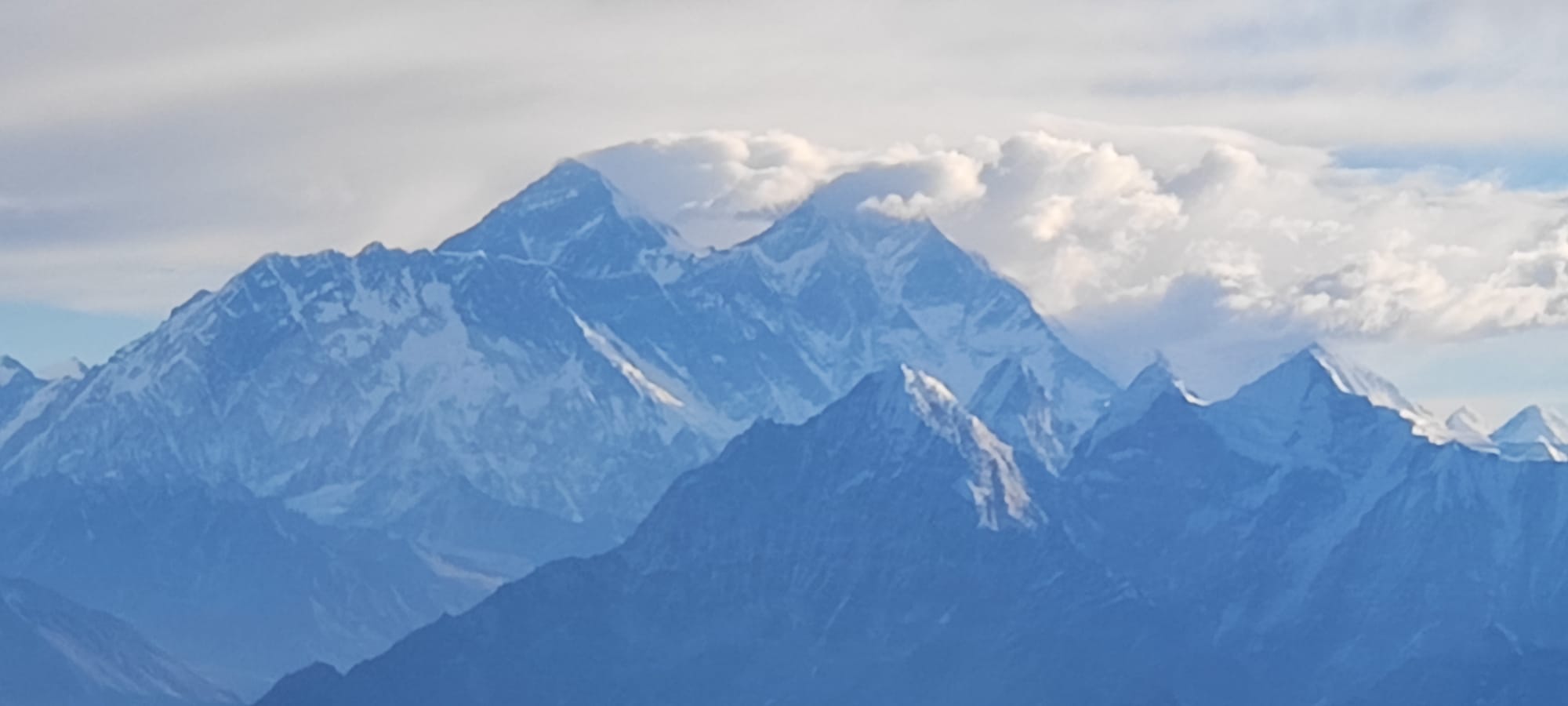
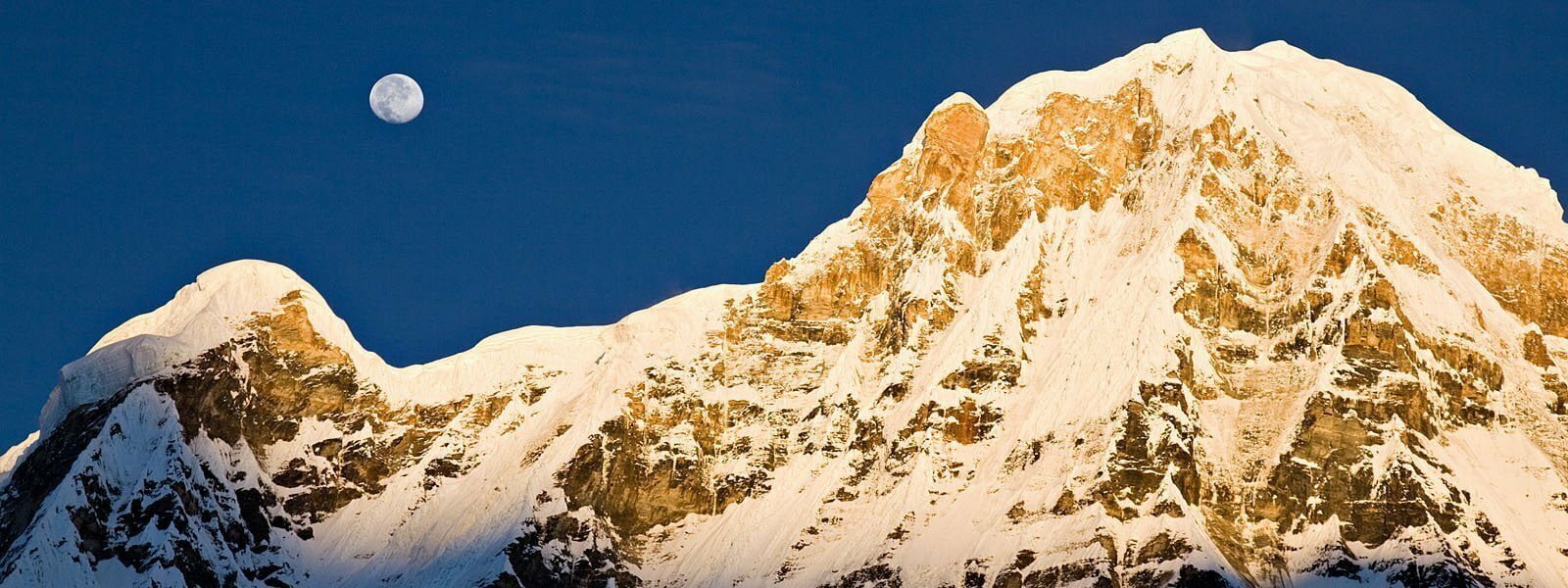
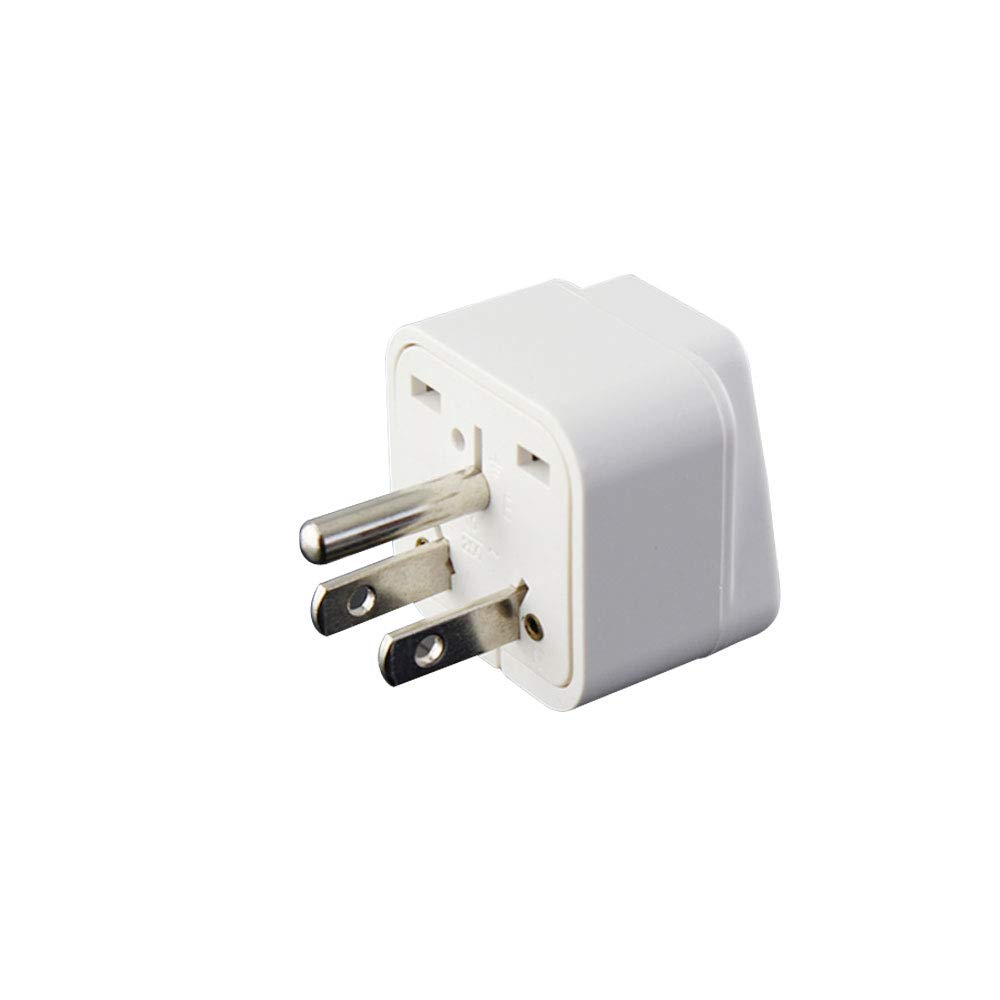
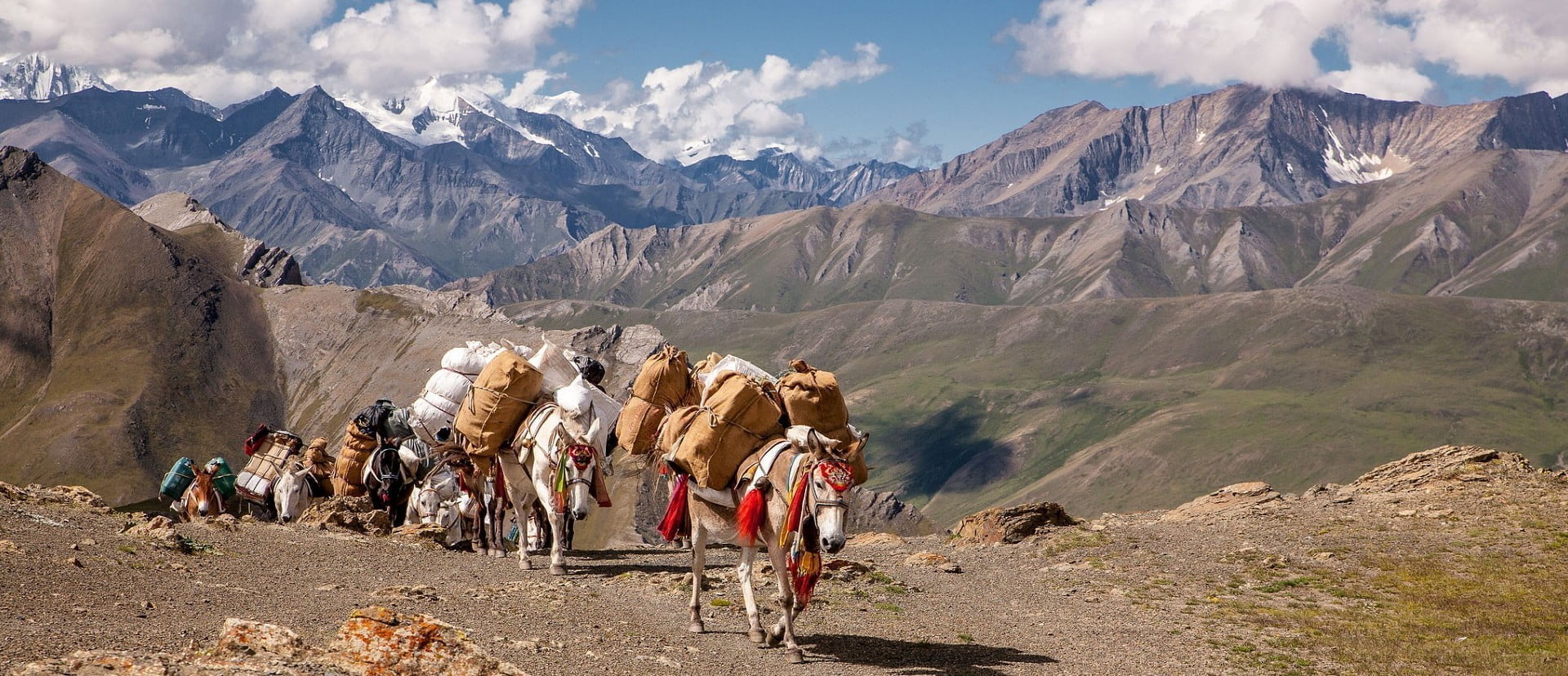
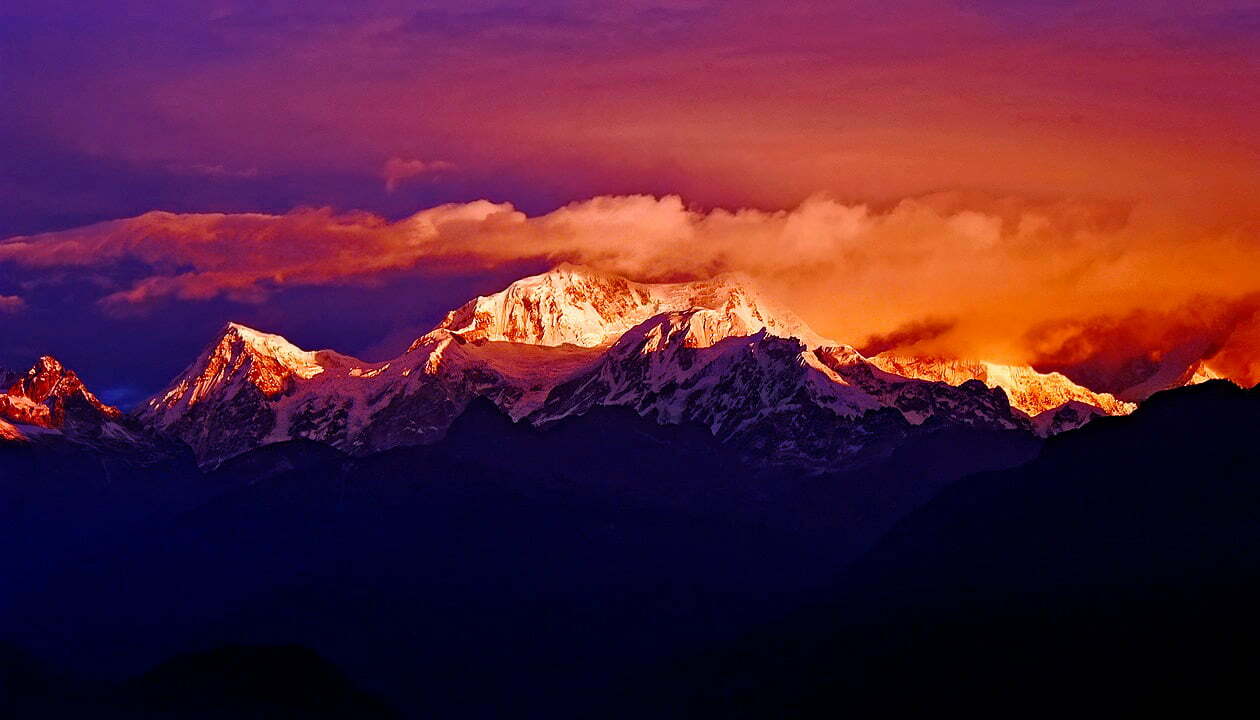
Write a Review